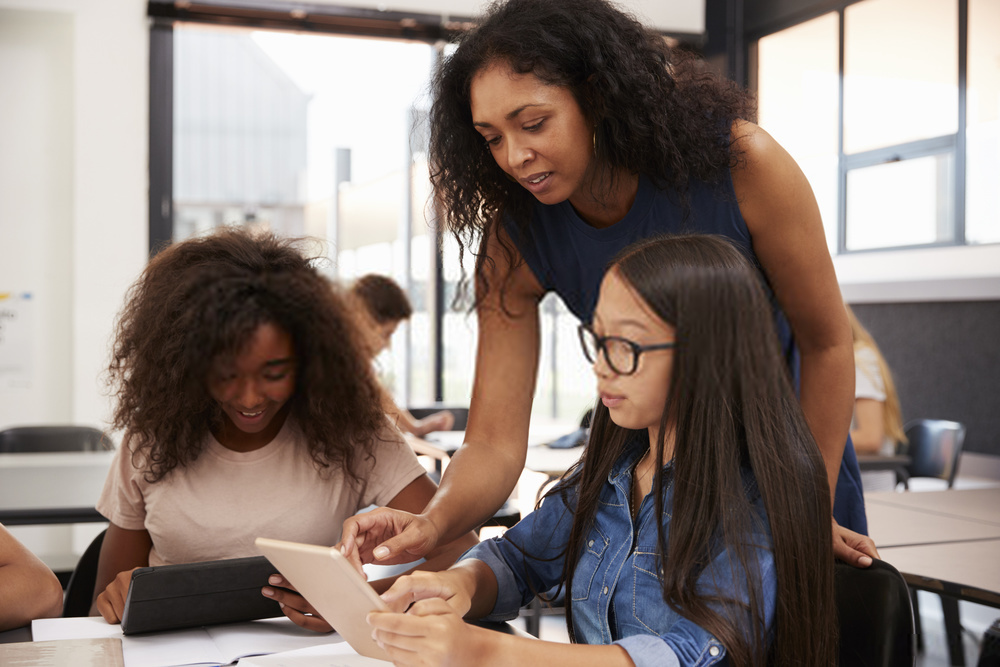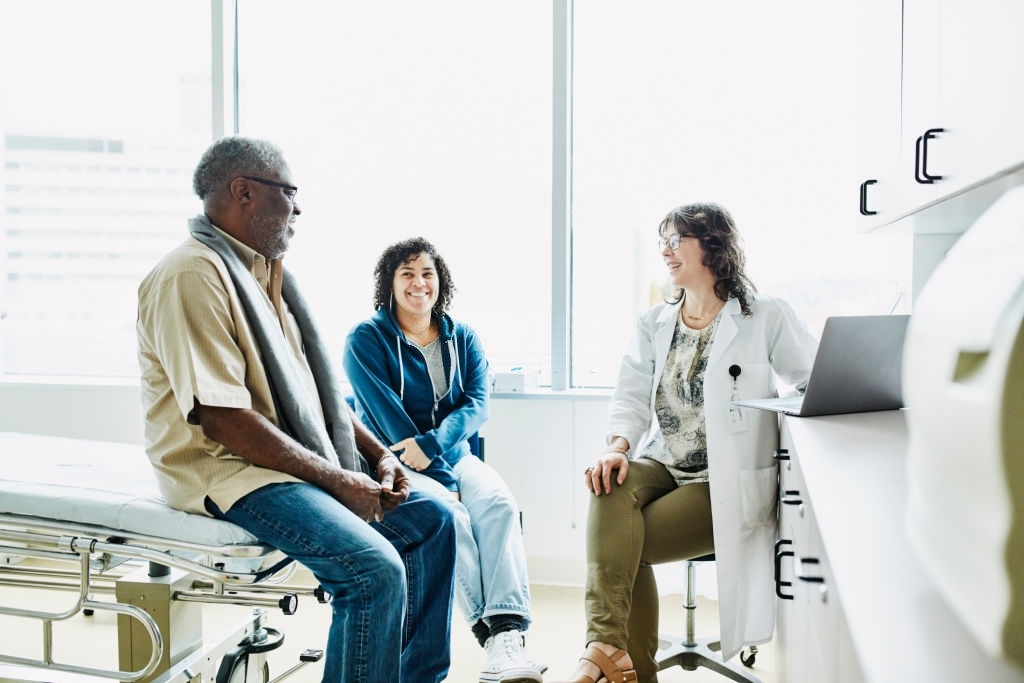The doctoral professor Fernando Pérez Bueno, winner of the contest ‘3 Minute Thesis’ (The best thesis in three minutes), works with artificial intelligence in the improvement and analysis of medical images used for the detection of cancer
ANDREA G. PARRA
Grenade
Friday, 26 March 2021, 00:43
“Computers see images as sets of numbers. Doctors see them much more naturally and understand what they see. The computer is able to see things that the human eye cannot see. It also happens the other way around, the human eye sees things that the computer does not see. We make it easier for the computer to look at the images in a way more like what doctors do. That’s why we get better results.” Fernando Pérez Bueno, winner of the ‘3 Minute Thesis’ contest organized by the International Graduate School (EIP) of the University of Granada (UGR). This was celebrated in collaboration with the Doctoral Studies Group of the universities of the Coimbra Group.
“The ideal combination is for the machine to help the doctor to make the job easier. The one who will command and have the last word will always be the doctor.” This is highlighted by the young winning researcher at the UGR hired FPI (Training of Research Staff) in a project in collaboration with the Polytechnic University of Valencia. His thesis director at the University of Granada is Rafael Molina. His research group works on the application of artificial intelligence to the automatic detection of different types of cancer. This requires collaboration with pathology experts from various hospitals, including the San Cecilio Clinical Hospital in Granada.
Research Objectives
The thesis of the doctoral professor Pérez Bueno deals with the improvement and analysis of histological images, which is a type of medical image that is used for the detection of cancer. “Cancer screening is a very complex process where you have to take into account many factors. Histological images have specific characteristics that must be taken into account when applying artificial intelligence. In addition to the fact that they vary a lot between hospitals and diseases”, explains Pérez, who studied Telecommunications Engineering and the Master in Data Science.
The work done on his thesis –it takes three years and he has one left–, allows to extract in a “more efficient way the information of the medical images. This makes the work of artificial intelligence easier and decreases the mistakes that are made. In addition, it minimizes the differences between images from different hospitals. It makes artificial intelligence systems possible to use in any hospital in the world that works with this type of imagery.”
His experience in the 3MT competition, in which he presented his thesis in three minutes, has been a challenge. He is very happy to have participated because he has known what other researchers are working on. To the question of how important it is that it is disseminated and science is clear: “In the avalanche of information that we live, it is necessary that the scientific community also echoes its work. We have to be present and share the things we are passionate about. It’s the only way to generate interest in society and get the support we need to further develop science.”
At the same level. Conclusions of the thesis.
“The internet and social media put everyone’s opinions on the same level. We get to see how there are people capable of defending that the earth is flat or that the snow is made of plastic. Disseminating science in a clear, simple and correct way is essential to connect with a society that is running more and more and has less attention span. Hopefully, we will be able to pique their curiosity and let them stop and think and develop critical thinking, which is very important for developing as people and as a society.” Pérez Bueno will compete in the next phase with the rest of the 3MT winners in the universities of the Coimbra Group. Between 8 and 22 April, the three finalists will be chosen. The top three of the voting will be in the live final, which will be held in Prague between June 16 and 18.
Two Problems, One Solution
In the edition of the UGR, which Pérez Bueno won, the second prize went to Leslie Elizabeth Lara Ramos (student of the PhD program in Chemistry). She participated with her talk ‘Two problems, one solution’, on a doctoral thesis in which she studies the revaluation of coffee grounds from a second generation waste. He emphasized their possible application in agriculture and other fields of interest, with the aim of introducing them within a circular economy framework. There was also a special audience award, which went to Nuria Victoria Aguerre with her talk ‘Dream big, develop true grit’; she is a student of the Doctoral Program in Psychology.
The event, which was broadcast through the Youtube and Facebook channels of the University of Granada on Wednesday, was chaired by the rector of the UGR, Pilar Aranda.
Our specialists wait for you to contact them through the quote form or direct chat. We also have confidential communication channels such as WhatsApp and Messenger. And if you want to be aware of our innovative services and the different advantages of hiring us, follow us on Facebook, Instagram or Twitter.
If this article was to your liking, do not forget to share it on your social networks.
Source: ideal.es
You may also like: Brain Training Games












Just wanna remark on few general things, The website design and style is perfect, the written content is real great. “To establish oneself in the world, one has to do all one can to appear established.” by Francois de La Rochefoucauld.